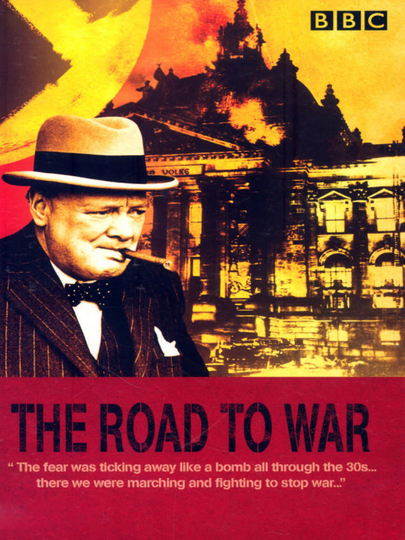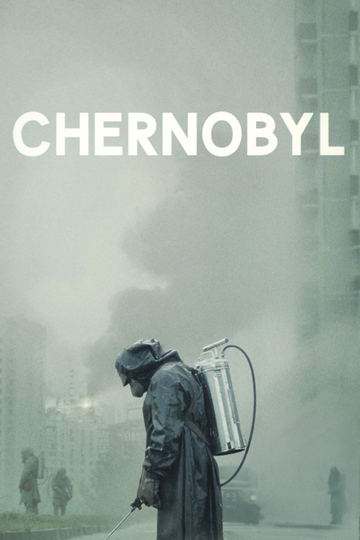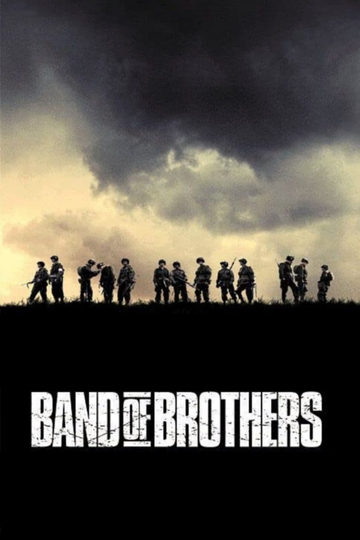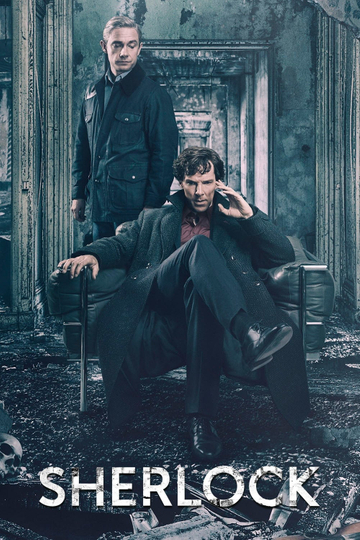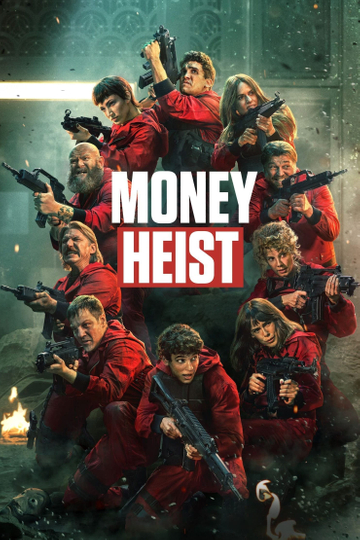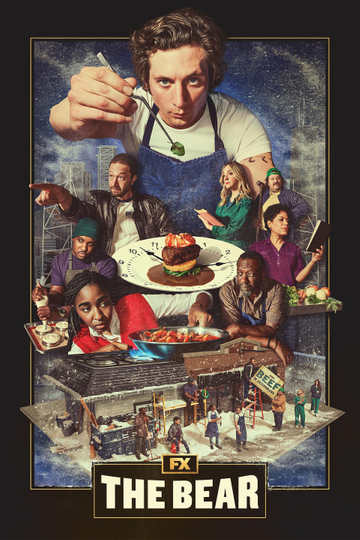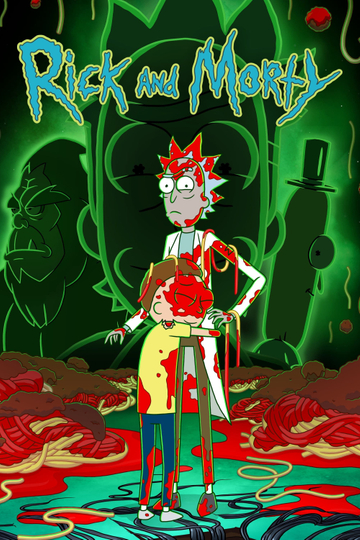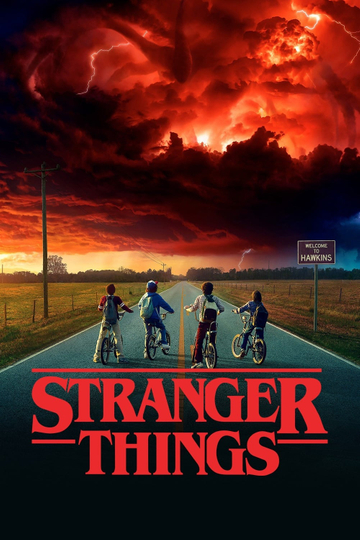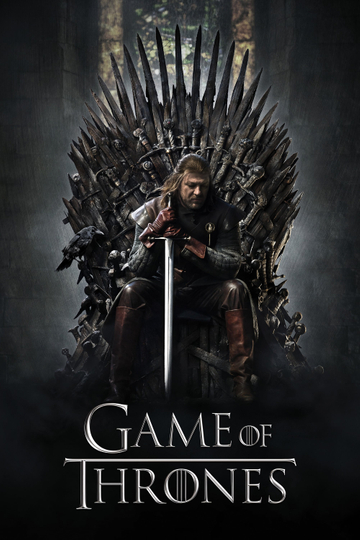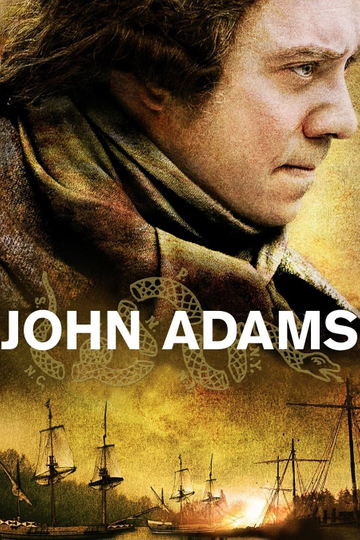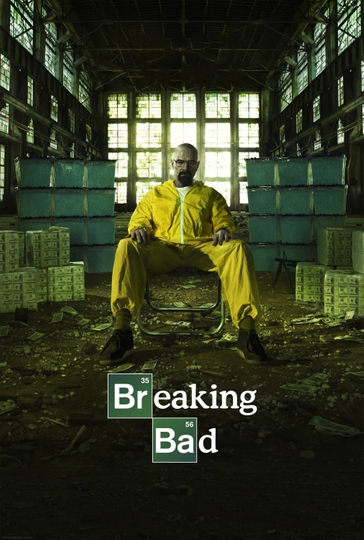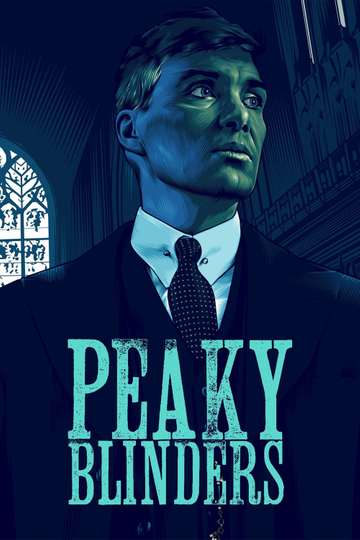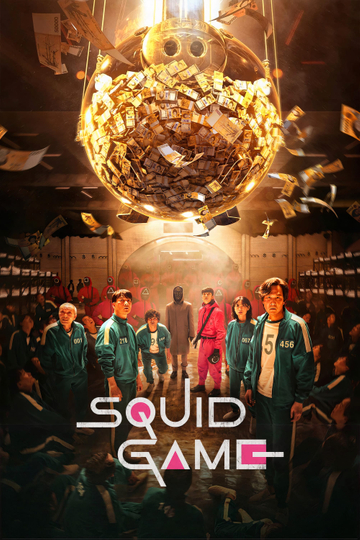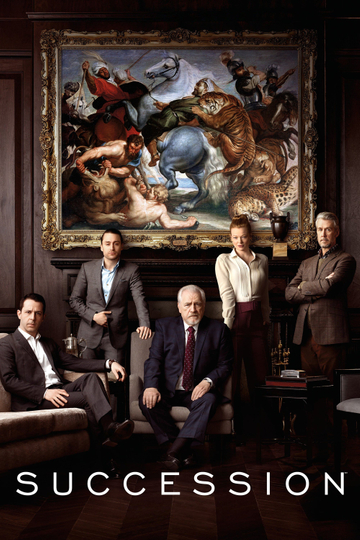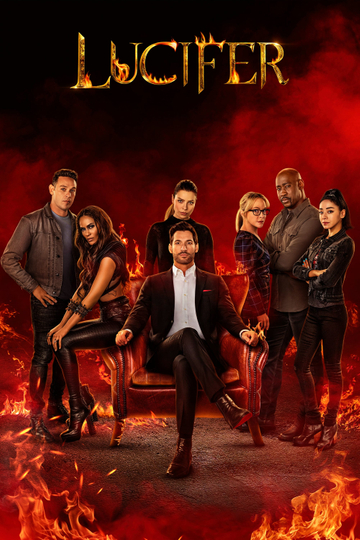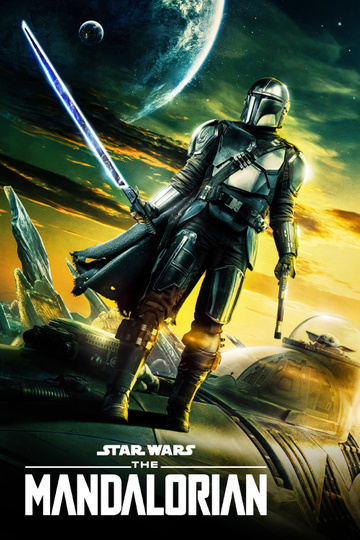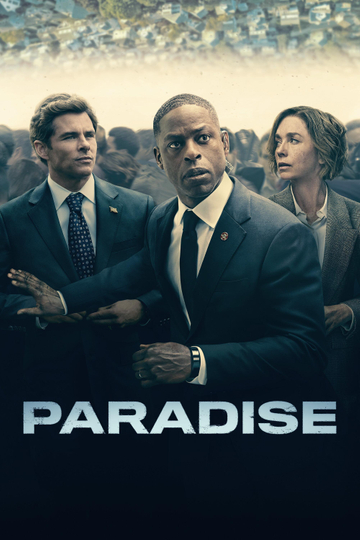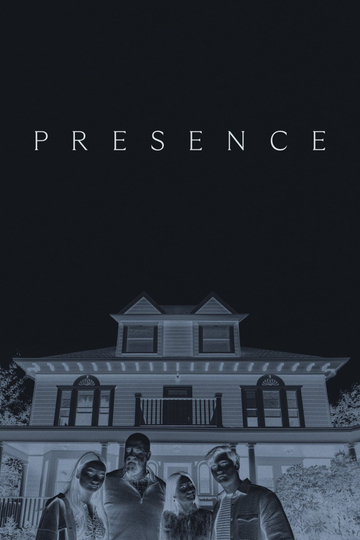Miniseries Episodes
1. Great Britain
Fifty years ago this week, Britain declared war on Germany; eight months later the British army was in retreat from the beaches of Dunkirk. For half a century many have blamed the 'guilty men'—the government of Neville Chamberlain—for Britain's near defeat. But now a different story may be told, the story of a Britain weakened by the First World War, desperate to avoid the carnage of another conflict, and struggling to support an overextended Empire. By the late 1930s, Neville Chamberlain was caught in a hopeless position, confronting the irrational aggression of Hitler and Mussolini, while trying to preserve the illusion of British imperial power.
2. Germany
More than any individual or combination of events, Hitler started the Second World War in Europe. Hitler deceived many people in Germany and abroad by his claim that he was merely demolishing the Versailles treaty when his real aim was the creation of a racial empire in eastern Europe for the German master race. His bluff was not called until it was too late. In 1939, Hitler believed that Britain would not interfere if he attacked Poland. He was wrong.
3. USSR
The Soviet 'Road to War' is the first major assessment of Stalin's pre-war foreign policy since the start of glasnost. Hitherto unseen Soviet archive material and frank testimonies from crucial Russian eyewitnesses shed new light on Stalin's mysterious and often controversial relationship with Hitler.
4. Italy
Benito Mussolini has been described as the most popular leader Italy has ever had. He invented Fascism; after the First World War his regime brought the country stability and inspired dreams of a resurgent Italy, worthy of its ancient Roman heritage. But despite Mussolini's claims, his new Italian Empire was fated to collapse. Among those appearing in the programme are two of Mussolini's children: Vittorio Mussolini and Countess Edda Ciano.
5. France
France ended the First World War victorious but devastated. Over a million and a half young Frenchmen had been killed and much of northern France had been destroyed. Determined to crush Germany, her leaders were nevertheless haunted by the fear of another war. 'This is not peace; it is an armistice for 20 years,' warned Marshal Foch. His warning was prophetic. Not only was another war unavoidable but French attempts to control Germany were continually undermined by economic weakness and fierce social and political divisions at home. France's road to war led inevitably towards defeat.
6. Japan
Japan's attack on Pearl Harbor, on 7 December 1941, was called 'a date which will live in infamy' by President Roosevelt. But desperate for living space and raw materials, Japan copied the west and sought an empire of her own in Asia. When the United States cut off oil supplies, Japan was forced to act. Drawing on rare film from the period and interviews with the men who fought in Japan's bloody battle for empire in the Far East, Charles Wheeler tells the story of Japan's road to war.
7. USA
When war broke out in 1939, millions of Americans were determined to stay out of another European conflict. America was isolationist. But Britain's near defeat in the war brought about a change of opinion. As debate raged between the interventionists, and isolationists, President Roosevelt steered his country towards war. By 1941, and the Japanese attack on Pearl Harbor, America was ready to enter the world stage once again.
8. Global War
Poland suffered more than any other country in the Second World War. One in six Poles died at the hands of the Nazi occupiers, and the Jewish population was wiped out. But Poland was only the trigger for a war which in two years was to engulf the world. Using rare and remarkable film from the conflict, Global War seeks to answer some of the most perplexing puzzles of the war: why did Hitler call off the invasion of Britain and turn instead on the Soviet Union? And why did he declare war on the USA in the winter of 1941? This film ties together the separate strands of the series and tells the tragic story of how a local conflict developed into a global war.










